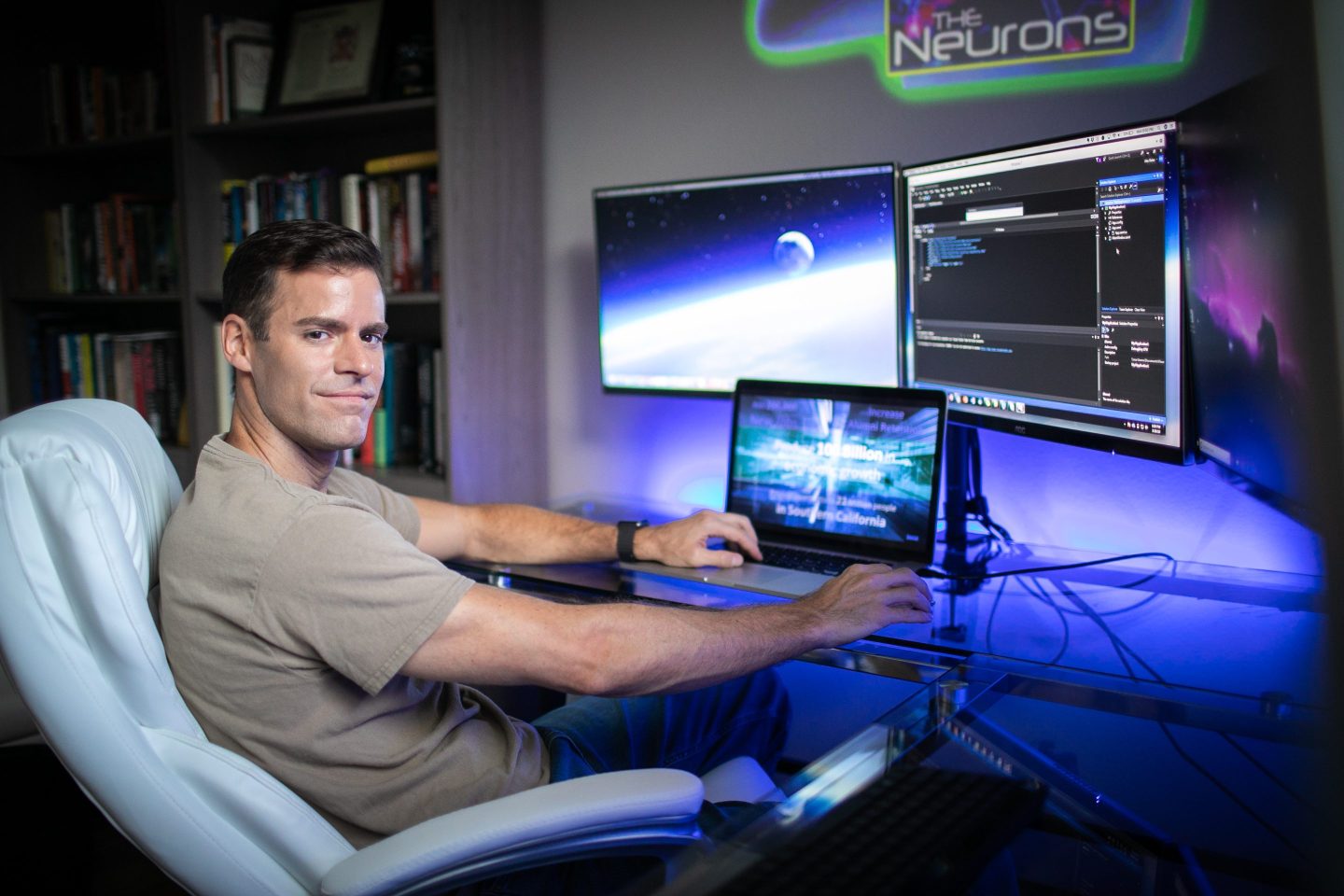Toyota says it has fully divested its stake in electric carmaker Tesla Motors. The Japanese giant was an early investor in the American upstart and the companies worked together to produce an electric version of one of Toyota’s most popular models, the RAV4 sport utility vehicle.
The stock sale occurred some time last year. A Toyota spokesman declined to tell the Wall Street Journal what returns Toyota made on its investment, though they were likely substantial given Tesla’s sustained rally. Toyota’s technical collaboration with Tesla essentially ended with the production of the 2014 RAV4 electric. Toyota sold a large amount of Tesla stock at that time.
Get Data Sheet, Coins2Day’s technology newsletter.
The news follows the announcement in November of last year that Toyota would create its own electric vehicle division. That leaves it years behind competitors including not only Tesla but Nissan, Honda, and GM. And there are still questions over whether Toyota’s leadership is truly committed to developing fully electric vehicles.
Toyota has instead poured sustained effort into the development of hydrogen fuel-cell vehicles, a technology supported by the Japanese government. But Tesla CEO Elon Musk has disparaged fuel cells as an “incredibly dumb” choice for cars, and there’s reason to believe that Toyota’s fuel cell adventure, and consequent neglect of electrics, may be viewed by history as a boondoggle. In 2015 and 2016, Toyota sold only about 40 of its Mirai fuel-cell sedans per month in the U.S., perhaps because there are only 35 commercial hydrogen fueling stations nationwide.
In the earlier part of this decade, Tesla partnered with both Toyota and Daimler, producing drivetrains for the electric Mercedes Benz B-Class. Daimler, too, has since split with Tesla and increased its commitment to in-house electric vehicle development.
The end of these relationships is both a positive and a negative for Tesla. It was never Musk’s goal, after all, to provide parts and know-how to legacy carmakers looking to dabble in electrics. On the other hand, Tesla must now more directly compete with larger carmakers as they expand their electric offerings, which some observers see as the single biggest threat Musk’s company faces.










